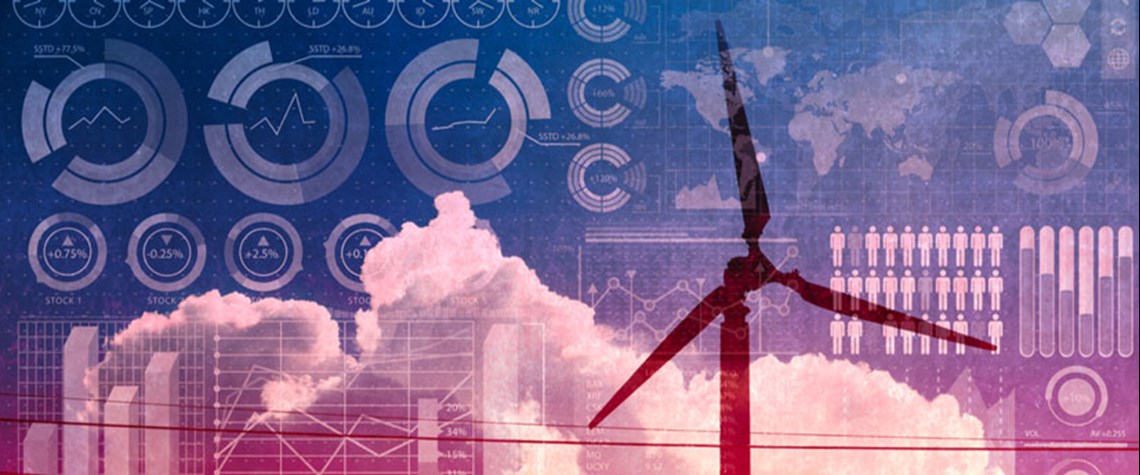Collaborative data key to decarbonisation shift
Hydrocarbons sector is embracing digital technologies to stay financially competitive, but innovation will also ease the transition to low-carbon energy
Things are looking up for low-carbon energy. In the last year, China announced a 2060 deadline for carbon-neutrality, the EU Parliament backed a binding target of 2050 for the same landmark, and the US re-entered the Paris Agreement. Today, all eyes are on wind and solar to deliver the change that governments and industry globally recognise as essential. Of course, that change cannot happen overnight. If we want to maximise our progress we must manage not just what we are moving towards, but also what we are moving away from. As well as looking up at the blue skies of new energy we need to look down at the reality on the ground, at the oil and gas which still power the modern world, and thin

Also in this section
27 February 2026
The 25th WPC Energy Congress to take place in tandem as part of a coordinated week of high-level ministerial, institutional and industry engagements
26 February 2026
OPEC, upstream investors and refiners all face strategic shifts now the Asian behemoth is no longer the main engine of global oil demand growth
25 February 2026
Tech giants rather than oil majors could soon upend hydrocarbon markets, starting with North America
25 February 2026
Capex is concentrated in gas processing and LNG in the US, while in Canada the reverse is true







